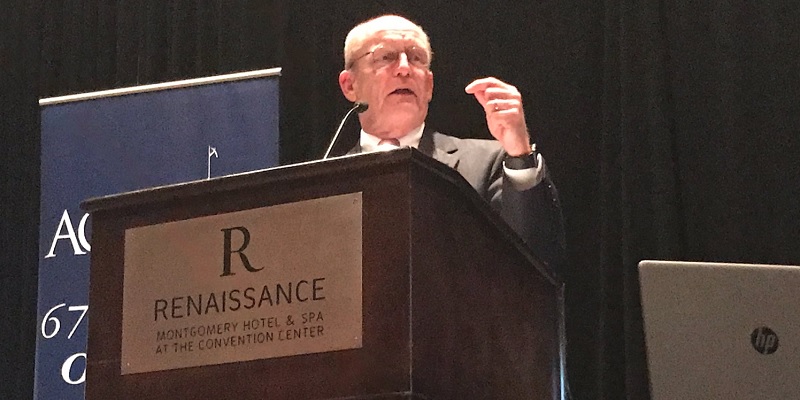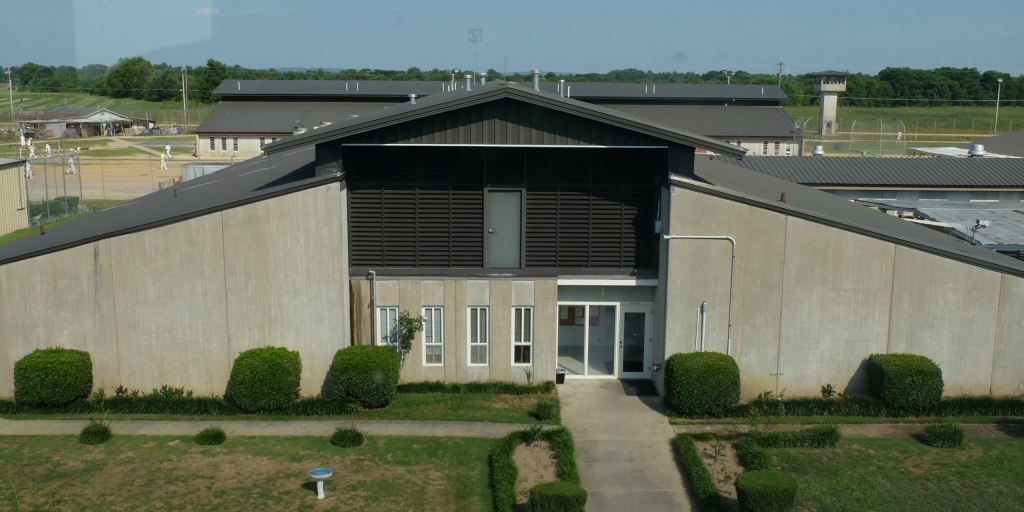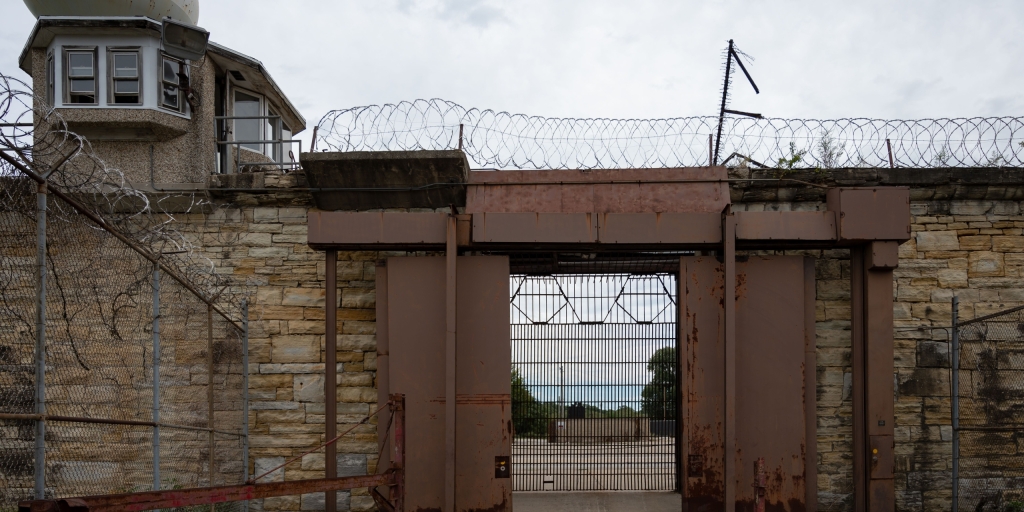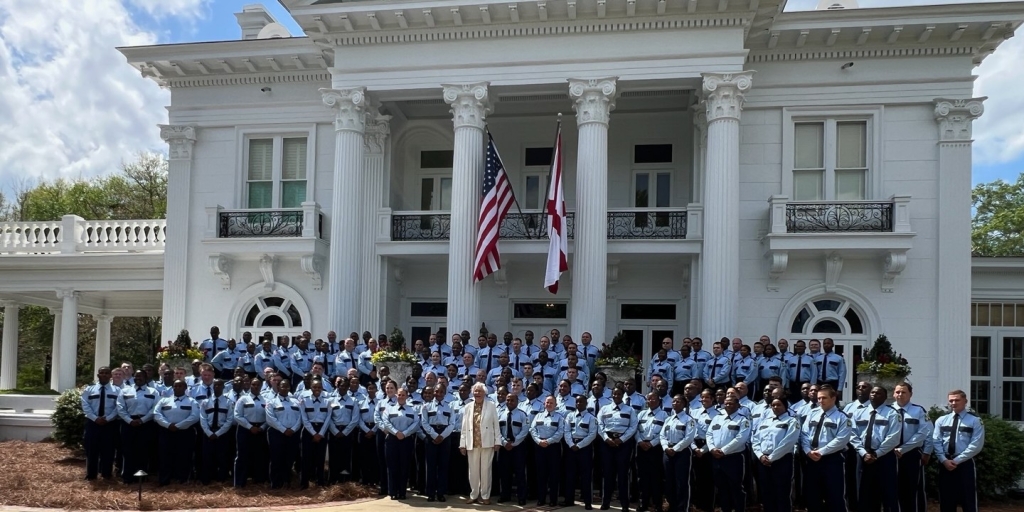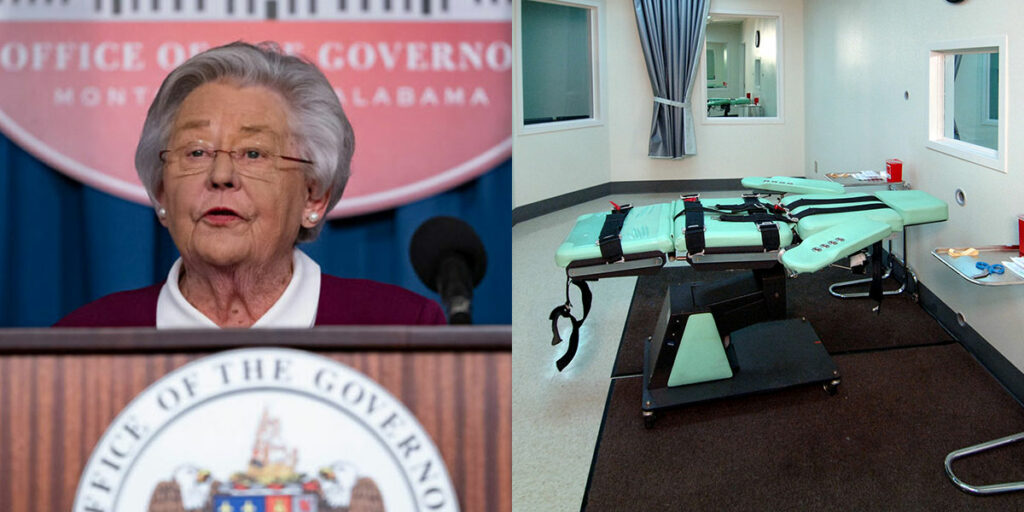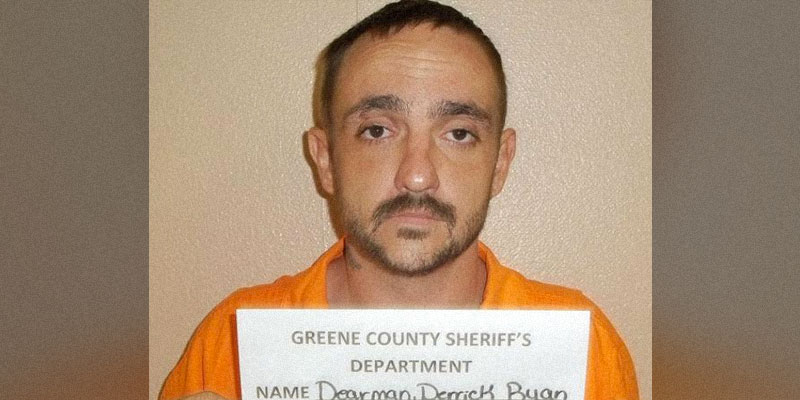The impact of the coronavirus pandemic has been felt far and wide, and Alabama’s county governments are no exception.
A perhaps overlooked consequence of a freeze on the transfer of inmates from county facilities to state facilities, one of the Alabama Department of Corrections’ efforts to limit inmate exposure to COVID-19, has put a burden on county governments.
During an interview with Huntsville radio’s WVNN, Association of County Commissions of Alabama (ACCA) head Sonny Brasfield acknowledged that burden as a primary issue confronting county government amid the pandemic.
“The lion’s share of my time so far this week has been on this issue — the county jails and the freeze on movement of inmates to the state level, and how do we try to address that issue,” he said. “If we were in court, I would say I will stipulate that the Department of Corrections is overcrowded. I will stipulate that they have a difficult time generating social distancing in their facilities. And I would think they would stipulate we have the same problem. County jails are no less overcrowded. We don’t have positions to segregate inmates at the county level, either.”
“So far, the conversations are at least somewhat productive,” Brasfield continued. “I would say at the county level, we really don’t think this is a proper county expense. We hope that we can get things worked out. We’re concern not only about the cost of these inmates … but also we’re worried about the liability exposure for the counties that is being generated because these inmates that otherwise would be in state custody are being mandated to stay at the county level. There are about 830 inmates that have been tried, convicted and sentenced in county jails that should be in custody of the Department of Corrections.”
According to Brasfield, even once things resume normal operations with the Alabama Department of Corrections, the system will still need time to catch up.
“Commissioner Dunn quite honestly said to me on Tuesday, ‘Sonny, once we start back taking inmates, it will take more than six months to get rid of that backlog,’” he said. “And of course, once we move to the court system operating again, there will be more state inmates generated. There are another 700 or 800 inmates that are also in county jails that are there because their probation has been revoked. They’re out on probation or parole. They commit another crime. They’re arrested. They’re waiting to go back to DOC, as well. So, we think the number is as much 1,300, 1,400 — maybe as much as 1,500 state inmates at this point. The counties really have nothing to do but to hold their breath and hope.”
When asked if the state should helping counties recoup some costs from the situation, he said discussions were underway.
“We have resisted that over the years,” Brasfield explained. “Our efforts over the years have been to help the state clear the inmates out rather than county jails becoming a repository for state inmates. There are a lot of reasons for that — liability is one of those. These are extreme circumstances. Yes, we are having discussions about the state reimbursing the county for its expenses. We wouldn’t be interested in trying to make any money. But certainly, there is an expense to housing those inmates. More importantly, for us, again, it is the liability issue and the long tail that will be generated by these inmates backing up. For us in county government right now, this is the biggest issue in terms of the exposure that we have in trying to solve it.”
Brasfield also recognized Gov. Kay Ivey’s executive actions to ease some of the burden.
“Now to the credit of the administration — Governor Ivey issued a proclamation … that generates some relief on technical violators of probation and parole,” he added. “We call those ‘dunks.’ It’s a term from the 2015 prison reform act. She did provide relief to some of the county jails, clearing the way for some of those inmates to be released earlier than they would have been because they can’t go to DOC either. That would be of some help — maybe 300 or so some inmates around the state. We think that will be some help. But you know, we’ve got bigger problems than that.”
@Jeff_Poor is a graduate of Auburn University and the University of South Alabama, the editor of Breitbart TV, a columnist for Mobile’s Lagniappe Weekly and host of Huntsville’s “The Jeff Poor Show” from 2-5 p.m. on WVNN.




